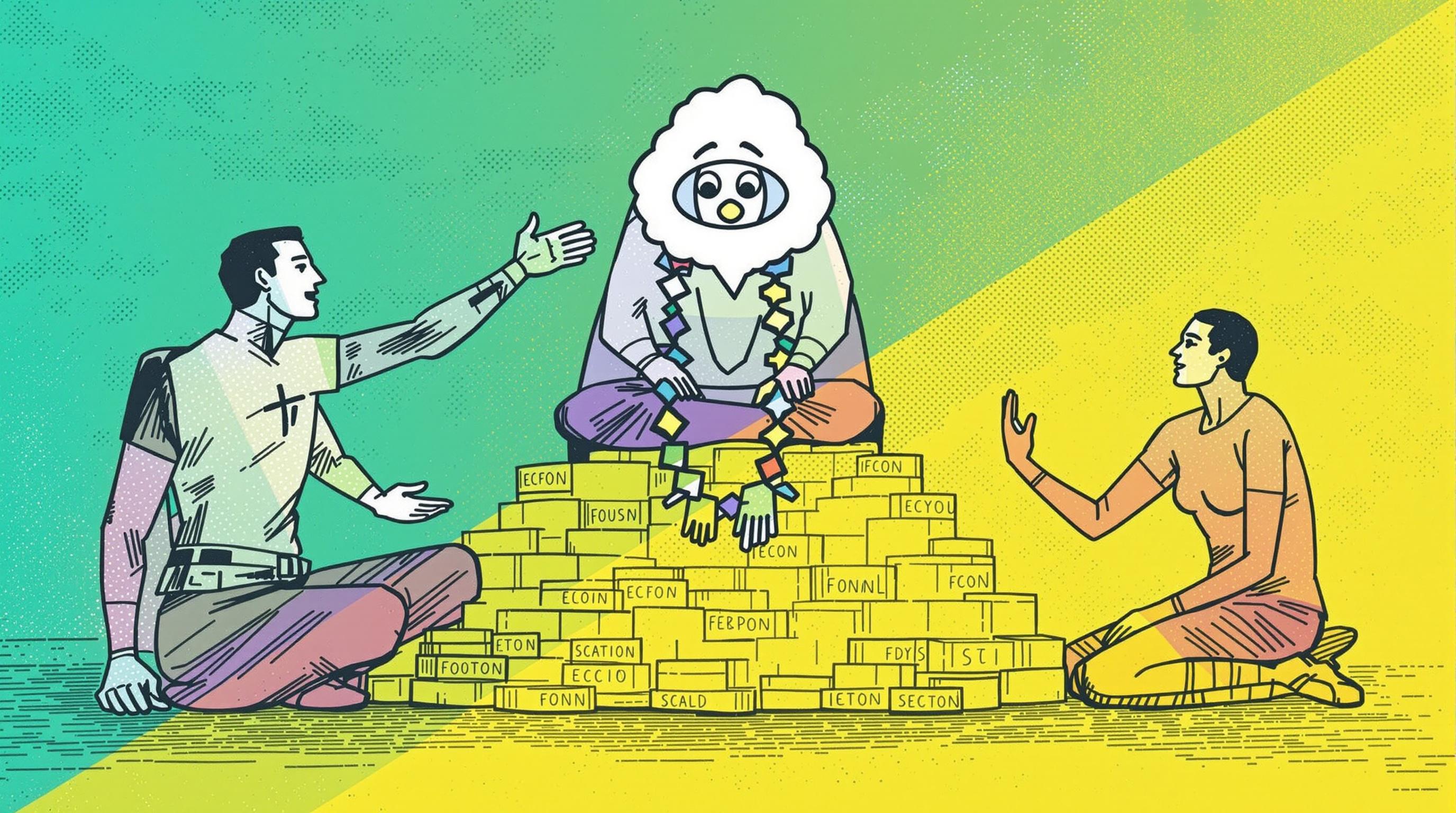Related Articles
- When Creditors Turn Aggressive: Navigating the Legal Gray Zones of Unconventional Debt Collection Practices
- Top 7 Innovative Credit Tracking Apps From the Past Five Years That Are Redefining Financial Control
- How Shifting Debt Across Cards Influences Consumer Behavior Patterns Few Analysts Ever Consider
- Top 5 Lesser-Known Debt Management Apps From the Last 5 Years That Actually Outperform Classic Snowball Methods
- Unlocking the Quiet Power of Micro-Investments in Alternative Assets to Shift Your Financial Reputation Gradually
- 7 Revolutionary Secured Loan Solutions Debuting Since 2019 That Tackle Risk Differently and Boost Borrower Confidence
How Community Rituals and Social Bonds Quietly Influence Personal Financial Trust and Stability
How Community Rituals and Social Bonds Quietly Influence Personal Financial Trust and Stability
Community rituals and social bonds play a subtle yet profound role in shaping our financial trust and overall economic stability. Drawing from sociological insights, real-world examples, and a splash of humor, this article explores how our connections foster a more secure financial future.
Let me tell you a story: Growing up in a small Mississippi town, my grandma always emphasized the importance of the Sunday potluck after church. More than just a meal, it was a ritual where neighbors shared not only food but advice, some of it financial. I later realized these gatherings were quiet foundations for community trust, influencing how people approached loans, savings, and investments within that circle.
The Social Glue in Financial Trust: What Science Says
Studies have shown that social capital—the networks and norms of reciprocity within a community—directly correlates with financial well-being. A 2019 study by the Federal Reserve Bank of St. Louis highlighted that individuals embedded in tightly-knit social groups are 35% more likely to maintain stable credit profiles compared to those with weaker social ties.
Rituals as Trust-Building Exercises
Community rituals, whether it’s weekly meetings, religious ceremonies, or seasonal festivals, create regular opportunities for interaction and trust-building. According to anthropologist Catherine Bell, rituals "transform ordinary relationships into dependable commitments," which extend into financial dealings such as lending circles and cooperative savings efforts.
The Case of Rotating Savings and Credit Associations (ROSCAs)
Consider ROSCAs, informal financial groups prominent in many parts of Africa, Latin America, and Asia. These groups operate on trust and social bonds, where members contribute a fixed amount of money periodically, awarding the collected sum to one member at a time. In fact, a World Bank report found ROSCAs crucial in promoting savings among populations with limited access to formal banking.
Humorous Take: “I Trust You More Than My Bank”
Imagine telling a banker, “I trust my neighbors more than you!” Sounds funny, right? Yet, it’s a reality in many places. One friend told me, “I’d rather lend my buddy my last dollar before letting a bank decide on my loan application. At least he knows how grumpy I get on Mondays.” Trust, as it turns out, is as much emotional as it is financial.
Building Financial Resilience Through Social Networks
Financial stability is often seen as a matter of individual discipline and strategy, but it’s impossible to ignore the social context. A survey by the Pew Research Center in 2022 found that 60% of people experiencing financial hardship leaned heavily on family or community support, sometimes more than formal financial institutions.
Rituals Reinforce Behavioral Norms That Support Saving
Rituals impose social expectations. For instance, community elders might model saving behavior or communal investments, setting examples for younger members. These shared norms reduce risky financial behavior and create accountability through social pressure, leading to more sustainable financial habits.
A Formal Note on Trust and Stability
From a formal perspective, trust is foundational in economic transactions. Without trust, transaction costs rise, and markets fail to operate efficiently. Community rituals function as low-cost mechanisms to generate and sustain trust, facilitating financial exchanges even in informal economies (North, 1990).
Concrete Example: The Mississippi Community Credit Union
Back in my hometown, the Mississippi Community Credit Union was started as a grassroots effort to provide low-interest loans to individuals often marginalized by major banks. What made it successful was not just the financial model, but the embedding of rituals—monthly community meetings, educational workshops, and celebrations—that fostered trust and participation.
When Social Bonds Reduce Fraud and Default Risks
Financial institutions often worry about defaults, but in socially cohesive communities, default rates tend to be lower. The reason? Social sanctions and the desire to maintain community standing serve as deterrents. In a 2018 case study of microfinance groups in Peru, default rates were 20% lower in communities with strong social cohesion compared to their more fragmented counterparts.
Conversational Insight: “It’s Like Your Reputation Is on the Line”
“You don’t want to be known as the person who ducks out on the group loan,” said Rosa, a participant in a local savings club. This captures perfectly how social bonds create informal but powerful accountability, leading to better financial behavior.
The Flip Side: When Social Pressures Backfire
Of course, not all social bonds assure financial health. Sometimes, intense social pressure can lead to over-lending or participation in high-risk financial groups just to maintain social standing. Awareness and education, therefore, become necessary to balance these influences with sound financial judgment.
Technology and the Evolution of Rituals
The rise of digital platforms has transformed how rituals and social bonds influence finance. Online communities now create new spaces for trust-building, from crowdfunding to crypto savings groups. However, the essence remains the same: repeated interactions and shared experiences build trust, which then supports financial stability.
Closing Thoughts
In sum, while financial literacy and systems matter, the quiet power of community rituals and social bonds cannot be overstated. They offer trust, support, accountability, and a sense of belonging that collectively underpin personal financial stability in ways often overlooked by formal economics.



